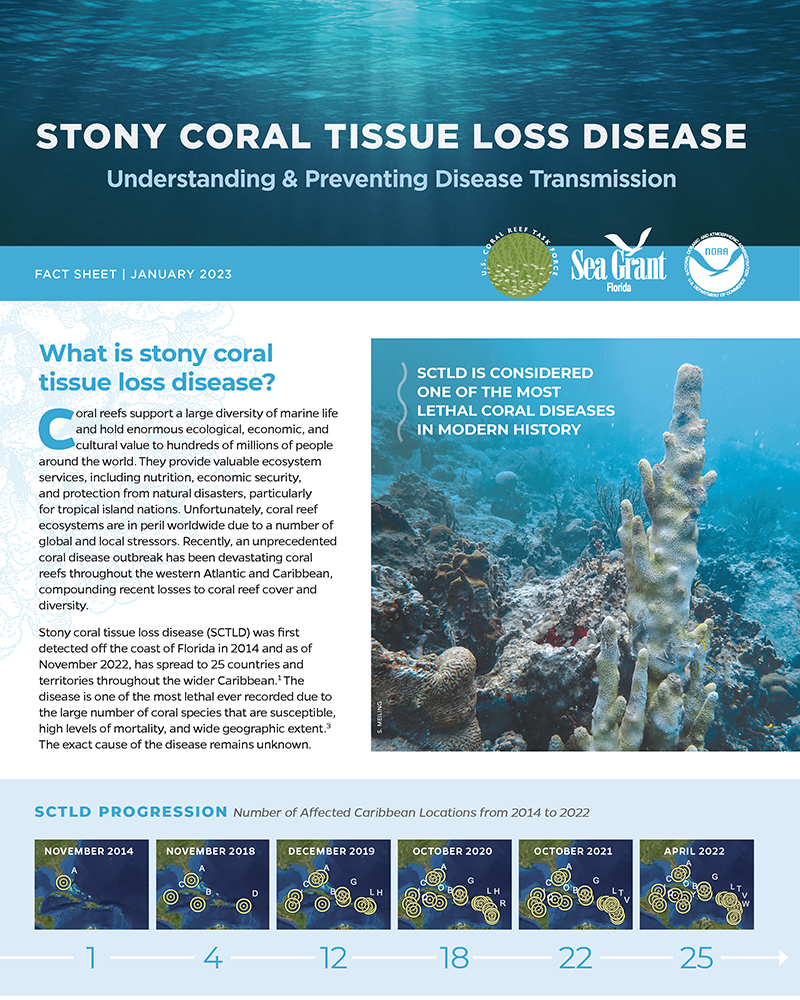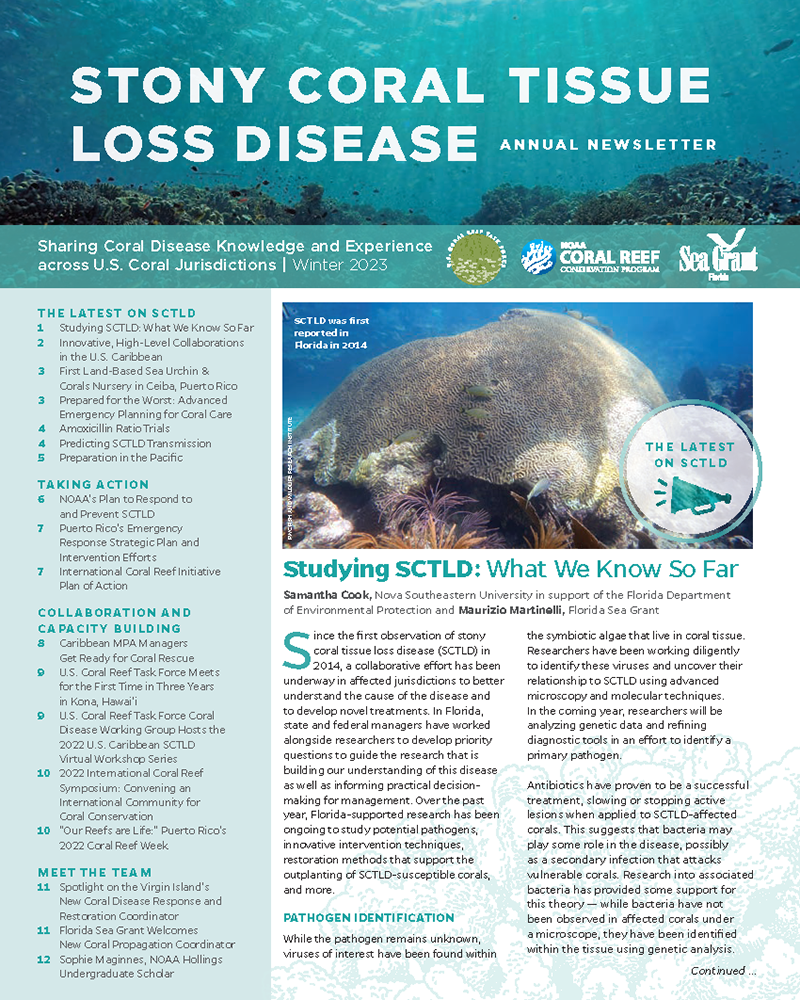It is easy enough to find out what the currently recommended disinfection protocols are.
The STINAPA link above says:
"It’s essential for everybody to clean their gear before and after every dive day.
- Non-sensitive gear – soak 5 mins in 10% bleach solution, rinse 10 mins in freshwater.
- Sensitive gear – soak 5 mins in 7% lysol solution, rinse 10 mins in freshwater.
- Extra sensitive gear – rinse in soap then fresh water
- Dry – hang gear, plan dives, avoid contaminated zones
So you need to do more than rinse your gear off, even in chlorinated pool.
What am I going to do his Fall? Whatever the recommendations are by then, be they more relaxed or more stringent.
That's what we ALL should do....follow the recommendations for disinfection and diving protocols, such as are posted:
- Decontaminate your gear before and after each dive day.
- Limit your dives to one area per day, meaning each day only dive the North, Town, South, or Klein Bonaire.
- Avoid diving in the infected areas.
- Report sightings of potential SCTLD directly to this site. STINAPA can see and follow all reports on this site directly.
If you don't like this, then don't go to Bonaire.







